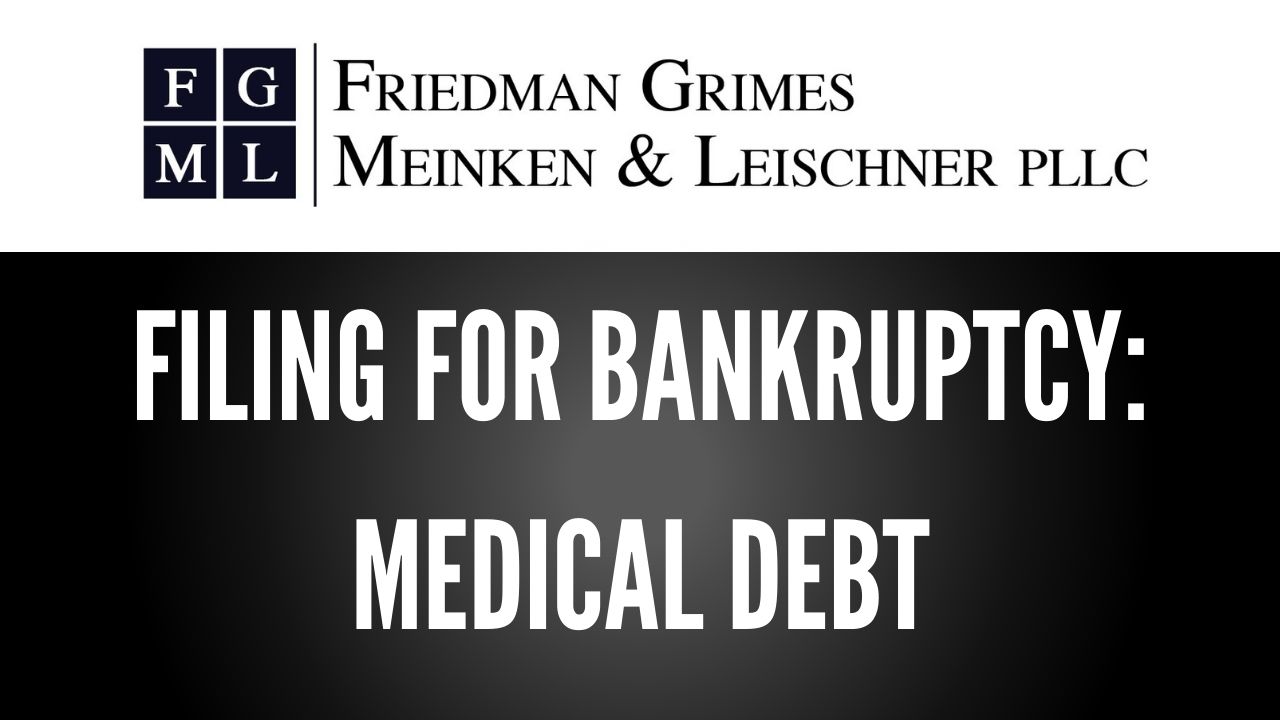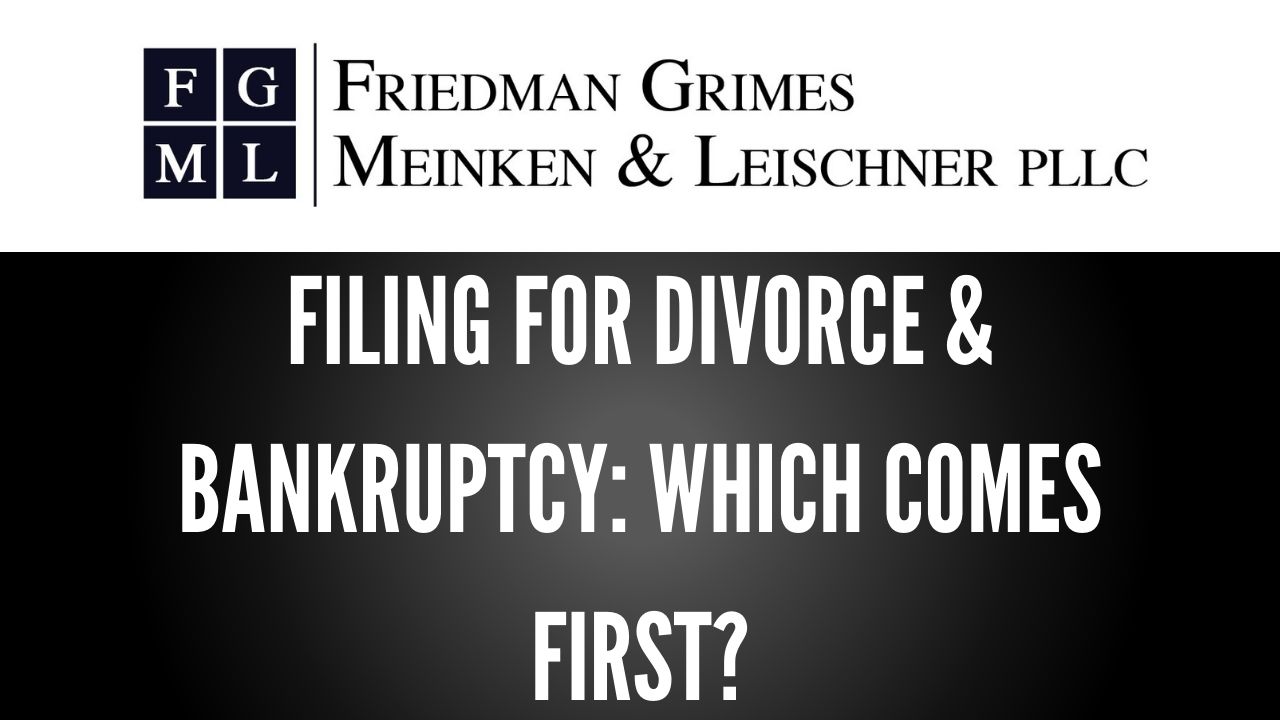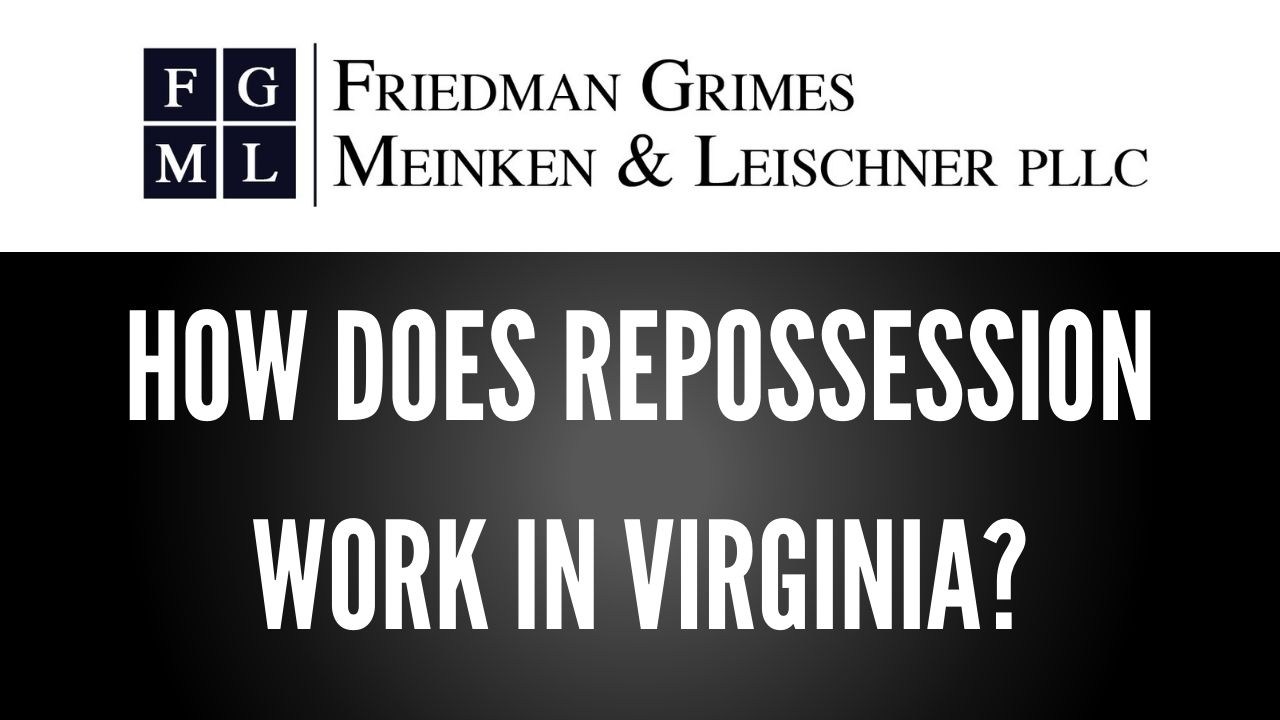By Xue Connelly
Financial issues and marital discord often go hand in hand. So it’s not surprising that some couples decide they want to file for both bankruptcy and divorce around the same time. But filing simultaneously can create significant complications and delays. Bankruptcy attorney Xue Connelly explains it’s often best to file and conclude one matter before moving on to the next. However, whether you file for bankruptcy or divorce first, largely depends on your individual circumstances.
What Complications Can Arise from Filing Divorce & Bankruptcy at the Same Time?
“A divorce is filed in state court, while bankruptcy is filed under the federal court system. When you file for bankruptcy, the federal court generally issues a stay that stops all pending litigation against you,” explains Connelly. “That includes a divorce proceeding in state court, which would mean if you had already filed for divorce, you would have to ask the bankruptcy court for permission to continue your divorce proceeding at the same time as the bankruptcy.”
Connelly explains that there are two primary reasons why this can quickly complicate the situation:
1) Bankruptcy and Divorce Courts Look at Your Income Differently.
“Bankruptcy courts generally look at your income in two different ways,” says Connelly. “They look at your current income which is considered your last two months of pay and they also look at your income in the last six months. Divorce courts look at income completely differently, considering your income to determine your equitable distribution and in some cases how much child support or alimony is owed. So, when you’re trying to determine what your equitable distribution is in divorce court, it may not be a good idea to have a bankruptcy court discussing your income at the same time.”
2) Bankruptcy and Divorce Courts View Your Assets Differently.
Another reason it’s difficult to have both the federal bankruptcy court and the state court dealing with bankruptcy and divorce proceedings at the same time is because of how they look at assets differently. Connelly says, “a bankruptcy court is interested in your assets to determine whether there are any they can turn over to creditors. On the other hand, a divorce court is looking at your assets in order to divide them amongst the two spouses. The bankruptcy court is not going to want the divorce court to divide up assets between the two spouses if they are in an active bankruptcy.”
Should You File for Divorce or Bankruptcy First?
“The honest answer is: it depends. If you and your spouse are in a financial circumstance that merits a bankruptcy, then it’s probably beneficial to file for a Chapter 7 or Chapter 13 bankruptcy prior to filing for a divorce. Bankruptcy wipes away a majority of your debt, so both spouses have a more solid financial footing before going through a divorce,” explains Connelly.
“However, strategically it may be better to get divorced and then file for bankruptcy because your household income determines whether or not you can file for a Chapter 7 or Chapter 13 bankruptcy. If you don’t have any large assets like a house, significant savings, or a business, it may be beneficial for you to file a Chapter 7 bankruptcy first. However, if you are still married to your spouse and both of your incomes are included, you may not be eligible to file a Chapter 7 based on your combined income. Whereas, if you wait until after you are divorced, it’s only your income that is considered and then you are more likely to be eligible to file for a Chapter 7.”
When to Contact an Attorney
The bottom line is, the decision to file for a divorce or bankruptcy first comes down to a case by case basis. It’s important to speak to an experienced attorney to determine what the best option is for your situation.
About the Author

Xue Connelly
Xue Connelly is an attorney at Friedman, Grimes, Meinken & Leischner PLLC, concentrating on planning and controversy matters involving estates and trusts and bankruptcy. Ms. Connelly has been named a 2023 Virginia Legal Elite, a Super Lawyer “Rising Star” in Northern Virginia and Washington D.C., and a 2023 Best Lawyer “Ones to Watch” by U.S. News & World Report.






